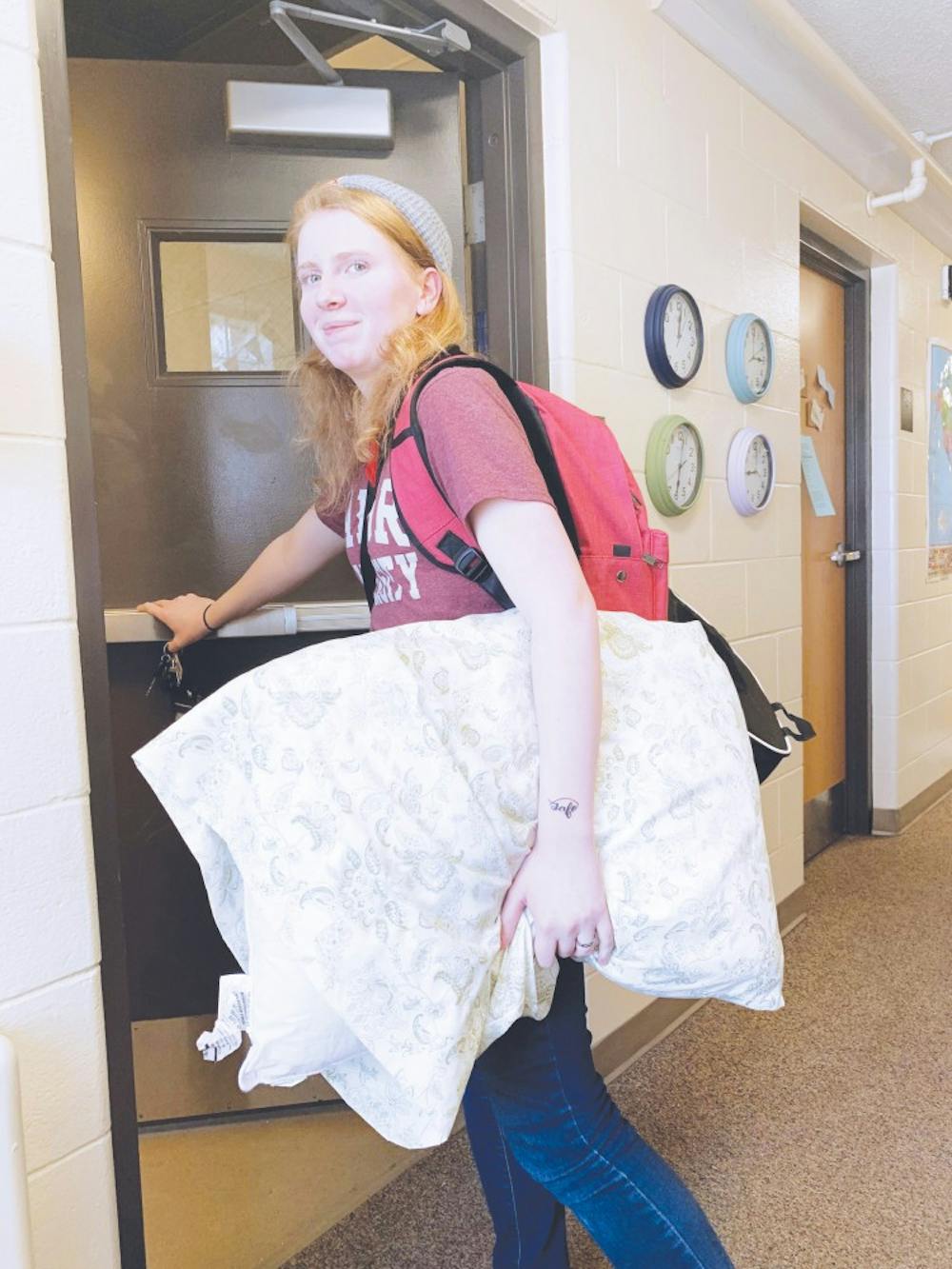Editorial Board | Echo
Spring break is upon us, and while students are anticipating the nine days of relaxation, some may question whether nine days is enough time for stressed college students to recharge. The Editorial Board believes so.
Laura Edwards, assistant professor of psychology, points to the scientists from the Icahn School of Medicine at the University of California and Harvard. Their research shows that after six days of being removed, genetic changes are triggered which lessens stress, boosts the immune system and lowers levels of proteins linked to dementia.
"It's not a cure-all; it's not a fix-it," Edwards said. "It requires some intentionality to reap the benefits of those six days."
According to Drew Moser, dean of student engagement, the faculty themselves determine the duration of breaks, and the entire faculty votes on the schedule before the year begins.
Moser believes that the time needed for rest varies from student to student, but in his opinion, one day for every week of school is more than enough.
"I think it's long enough to get home and relax," Moser said. "It's also long enough to travel somewhere. I like that it's a week off because it's a break from the routine of every day of someone's weekly schedule."
Edwards also believes that while the nine days allotted to students is more than enough, it only affects students in a positive way if they are doing healthy, restful activities and breaking their bad busy habits.
Caroline Poland, director of the counseling center, agrees as well, but she makes the distinction between passive rest and life-giving activities.
"There is a difference between passive rest (i.e. Netflix, YouTube, scrolling on Instagram), which has a numbing effect, and actively choosing to engage in restful or life-giving activities," Poland said. "Passive rest can feel good in the moment, but there is often very little carry over effect from it because we haven't actually changed anything. Once our 'numbed out state' passes, we land right back where we were before taking a break. Engaging in restful and life-giving activities can not only impact your nervous system in positive ways, but it also 'refills your tank' which does have a carry over effect."
Moser encourages students to take this time to rest well because after break, things start to go quickly for the rest of the semester.
While Edwards hopes students enjoy the break, she would push them even further and have them break the bad resting habits they have in place and replace them with a healthier lifestyle altogether.
"God wired us differently," Edwards said. "If we can gear our spiritual disciplines to how God made us, that can bring life. I think if we can actively plan and begin a time of sacred rhythm . . . maybe we can incorporate the sabbath into every day."





